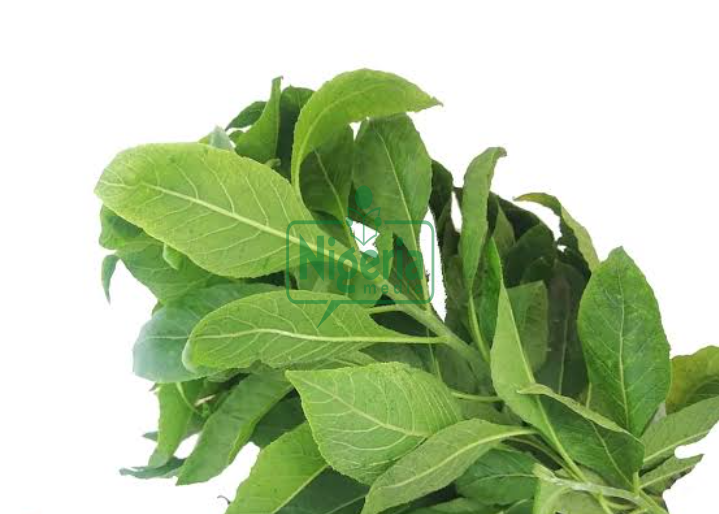
Packed with vitamins, minerals, antioxidants, and fiber, vegetables help fight inflammation, strengthen the immune system, and protect vital organs. Here are some of the best vegetables to eat regularly in your 60s to help prevent chronic diseases and promote healthy aging:
1. Spinach
Spinach is a leafy green powerhouse rich in iron, magnesium, potassium, and vitamins A, C, and K. It’s also packed with antioxidants like lutein and zeaxanthin, which help protect your eyes from age-related degeneration…..CONTINUE FULL READING>>>>>
Health benefits:
- Supports bone health
- Reduces blood pressure
- Boosts brain and eye function
How to eat: Add to smoothies, soups, omelets, or eat lightly sautéed.
2. Broccoli
Broccoli is a cruciferous vegetable that contains sulforaphane — a compound known for its cancer-fighting properties. It’s also high in fiber, vitamin C, and calcium, which supports heart and bone health.
Health benefits:
- Helps prevent cancer
- Aids digestion
- Reduces inflammation
How to eat: Steam or roast with garlic and olive oil for a healthy side dish.
3. Carrots
Carrots are rich in beta-carotene, a compound the body converts to vitamin A — essential for eye health, immune function, and skin health.
Health benefits:
- Protects vision
- Supports immune function
- Lowers cholesterol
How to eat: Enjoy raw, boiled, roasted, or juiced.
4. Kale
Kale is another leafy green full of vitamins A, C, and K, plus calcium and fiber. It’s especially beneficial for reducing cholesterol and supporting bone health.
Health benefits:
- Detoxifies the liver
- Supports cardiovascular health
- Strengthens bones
How to eat: Use in salads, smoothies, or bake into healthy kale chips.
5. Tomatoes
Tomatoes are rich in lycopene, a powerful antioxidant linked to a lower risk of prostate cancer and heart disease. They’re also a great source of vitamin C and potassium.
Health benefits:
- Fights oxidative stress
- Supports heart health
- Protects against certain cancers
How to eat: Fresh in salads, cooked in sauces, or blended into soups.
6. Sweet Potatoes
Sweet potatoes are loaded with fiber, beta-carotene, and potassium. They have a low glycemic index, making them ideal for managing blood sugar levels in older adults.
Health benefits:
- Balances blood sugar
- Promotes gut health
- Reduces inflammation
How to eat: Bake, mash, or roast with herbs and olive oil.
7. Bell Peppers
Bell peppers are low in calories and high in antioxidants, particularly vitamin C. They support immune health and protect against cell damage.
Health benefits:
- Boosts immunity
- Aids in collagen production (good for skin and joints)
- Supports eye health
How to eat: Slice into salads, stir-fries, or grill as a side dish.
8. Cabbage
Cabbage is full of fiber, folate, and antioxidants. It supports digestion and may help reduce the risk of cancer and heart disease.
Health benefits:
- Supports gut health
- Reduces inflammation
- Aids in detoxification
How to eat: Steam, stir-fry, or ferment into sauerkraut for probiotic benefits.
9. Garlic
Though not a vegetable in the traditional sense, garlic is an incredibly valuable addition to any senior’s diet. It contains compounds that lower blood pressure, cholesterol, and boost the immune system.
Health benefits:
- Reduces risk of heart disease
- Fights infections
- Improves circulation
How to eat: Add fresh garlic to soups, sauces, and roasted vegetables.
10. Beets
Beets are high in nitrates, which help improve blood flow and lower blood pressure. They’re also rich in folate, a nutrient important for brain function and cardiovascular health.
Health benefits:
- Enhances circulation
- Supports cognitive health
- Detoxifies the liver
How to eat: Roast, juice, or add to salads.
Final Thoughts
In your 60s, nutrition becomes more than just eating to feel full — it’s about eating to live well. Regularly including these nutrient-rich vegetables in your meals can help prevent or manage chronic diseases, boost energy, and improve overall well-being….CONTINUE FULL READING>>>>>
Don’t forget to combine your vegetable-rich diet with:
- Regular physical activity
- Hydration
- Routine medical check-ups
